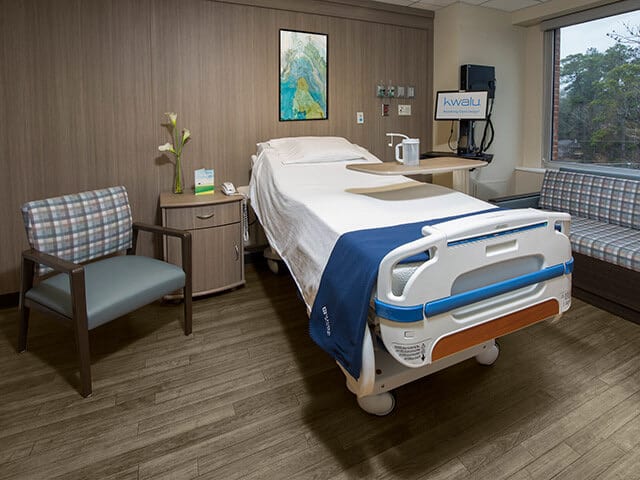Obesity is a societal and a health problem
Obesity is a becoming the most serious health problem in America, with more than two-thirds of the adults here are overweight or obese. That is one in three people and the rate has been expanding steadily for over 20 years. The healthcare system is just now beginning to address the issue of overweight patients by making sure the right sized equipment is on hand – from blood pressure cuffs to M.R.I. machines. Many bariatric patients neglect their health out of fear of ridicule because of their weight. It is important to treat these patients with the same respect and level of care as all other patients.

Treating Bariatric Patients with Respect
Patient-centered care should extend beyond the patient’s illness. It should cover the entire patient’s well-being. Part of the problem could be a hesitation to look beyond the overweight person’s weight. There is a stigma attached to obese patients. Their weight is the first thing care givers see no matter what ailment has brought them to the hospital. Often, weight may be the underlying cause of their illnesses even if it is not

Bariatric Furniture for Healthcare Environments
It is important to treat an obese patient with the same respect as any other patient in the hospital. That begins with the furniture in the lobbies, reception, and treatment areas. Bariatric furniture design that focuses on accommodating generous proportions works best when built for maximum stability and strength by incorporating solid steel in all joints. Hospital design trends are focusing on integrating seating for bariatric patients, including bariatric chairs and recliners, seamlessly in waiting spaces so that larger sizes can sit comfortably with everyone else. Hospitals are also adding bariatric teams to consult on mobility and care throughout the entire hospital stay.

